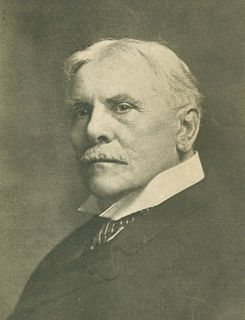A Quote by Martin Scorsese
The real truth, I thought, in terms of what faith is and what Christianity is.
Quote Topics
Related Quotes
As for Christianity's alleged concern with truth, Christian faith is to free inquiry what the Mafia is to free enterprise. Christianity may be represented as a competitor in the realm of ideas to be considered on the basis of its merits, but this is mere disguise. Like the Mafia, if Christianity fails to defeat its competition by legitimate means (which is a forgone conclusion), it resorts to strong-arm tactics. Have faith or be damned - this biblical doctrine alone is enough to exclude Christianity from the domain of reason.
Wondering whether Christianity is real is not the same as wondering whether Christianity is true. If you question the truth of Christianity, you can do something tangible about it. You can read books, take a class, or talk to someone about it. But what can you do when you're already convinced it's true but don't experience it as real?
Christianity is not a series of truths in the plural, but rather truth spelled with a capital 'T.' Truth about total reality, not just about religious things.
Biblical Christianity is Truth concerning total reality - and the intellectual holding of that total Truth and then living in the light of that Truth.
Faith in the continuance and enhancement of the intrinsic values--faith in truth, in beauty, in friendship, in love and harmony of life--in short, faith in reason and the worth of spiritual life--such faith is only another name for faith in the persistence of spiritual individuality. For, I repeat, these values are real only as functions of personal experience and deed. To have faith in the permanence of intrinsic values is to assume the enduring reality of selves who know truth, feel beauty, who love and win spiritual harmony.
I believe that in a certain way this is proof of the truth of Christianity: Heart and reason encounter one another, beauty and truth converge, and the more that we ourselves succeed in living in the beauty of truth, the more that faith will be able to return to being creative in our time too, and to express itself in a convincing form of art.







































